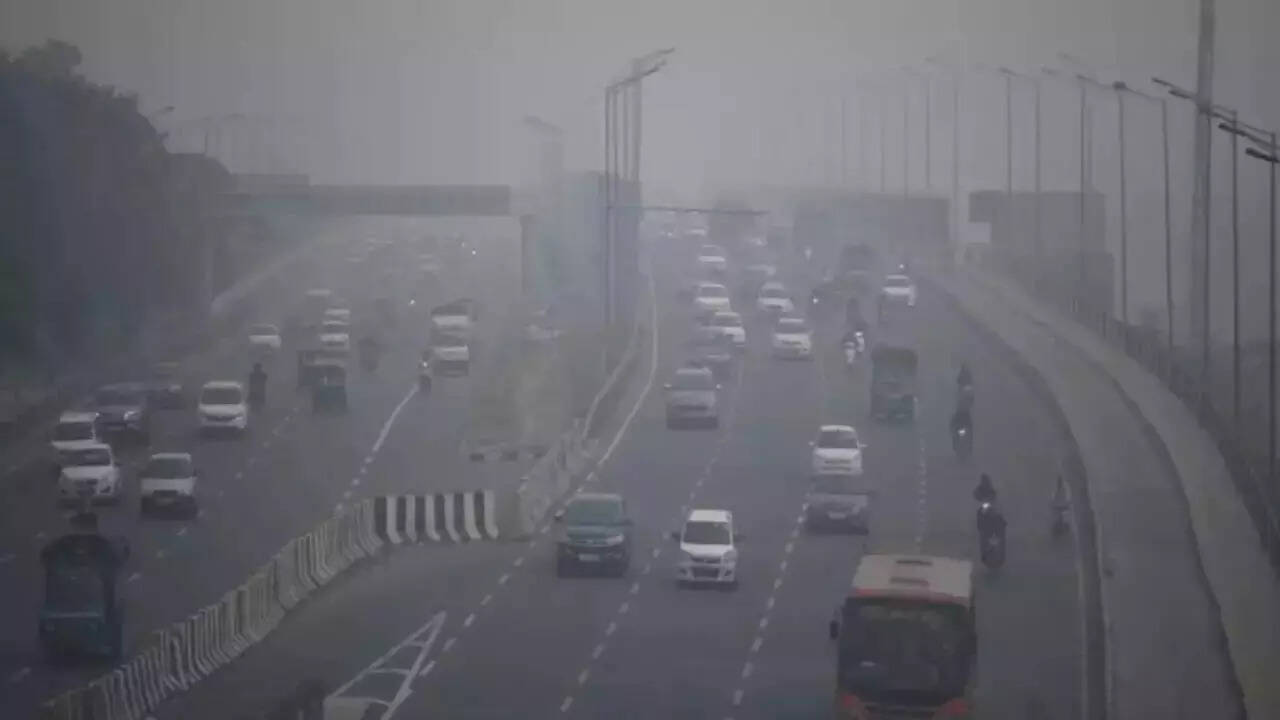
In response to the ongoing pollution crisis in the national capital, the Delhi health department has issued a comprehensive advisory, published in major dailies on Saturday, outlining measures to safeguard public health. The advisory recommends a range of actions, from avoiding outdoor activities to refraining from burning firecrackers, with a particular emphasis on vulnerable groups such as pregnant women, individuals with underlying medical conditions, children, and the elderly.
While intermittent rains brought temporary relief, the advisory urges citizens to remain cautious and adopt preventive measures. At 7 am on Saturday, Delhi‘s air quality index (AQI) improved to 219, compared to Thursday’s 24-hour average AQI of 437, which had experienced “very poor” to “severe” air quality for two weeks starting October 28.
The health department’s advisory advises against burning firecrackers, avoiding areas with high air pollution, and steering clear of outdoor activities during days with severe AQI. It also emphasizes the importance of not smoking, avoiding the burning of mosquito coils and incense sticks indoors, and refraining from burning wood, leaves, crop residues, and waste.
Furthermore, the public is encouraged to adopt health-conscious practices such as washing eyes with running water, having regular gargles with lukewarm water, and maintaining a nutritious diet that includes fruits and vegetables. The advisory suggests consulting a doctor for symptoms like breathlessness, giddiness, cough, chest discomfort or pain, and eye irritation.
For individuals with chronic pulmonary and cardiovascular problems, pregnant women, children, and the elderly, the advisory underscores the need for extra caution, urging them to minimize exposure to air pollution. As the city grapples with the impact of pollution, the health department’s guidelines aim to empower the public to take proactive measures for their well-being

